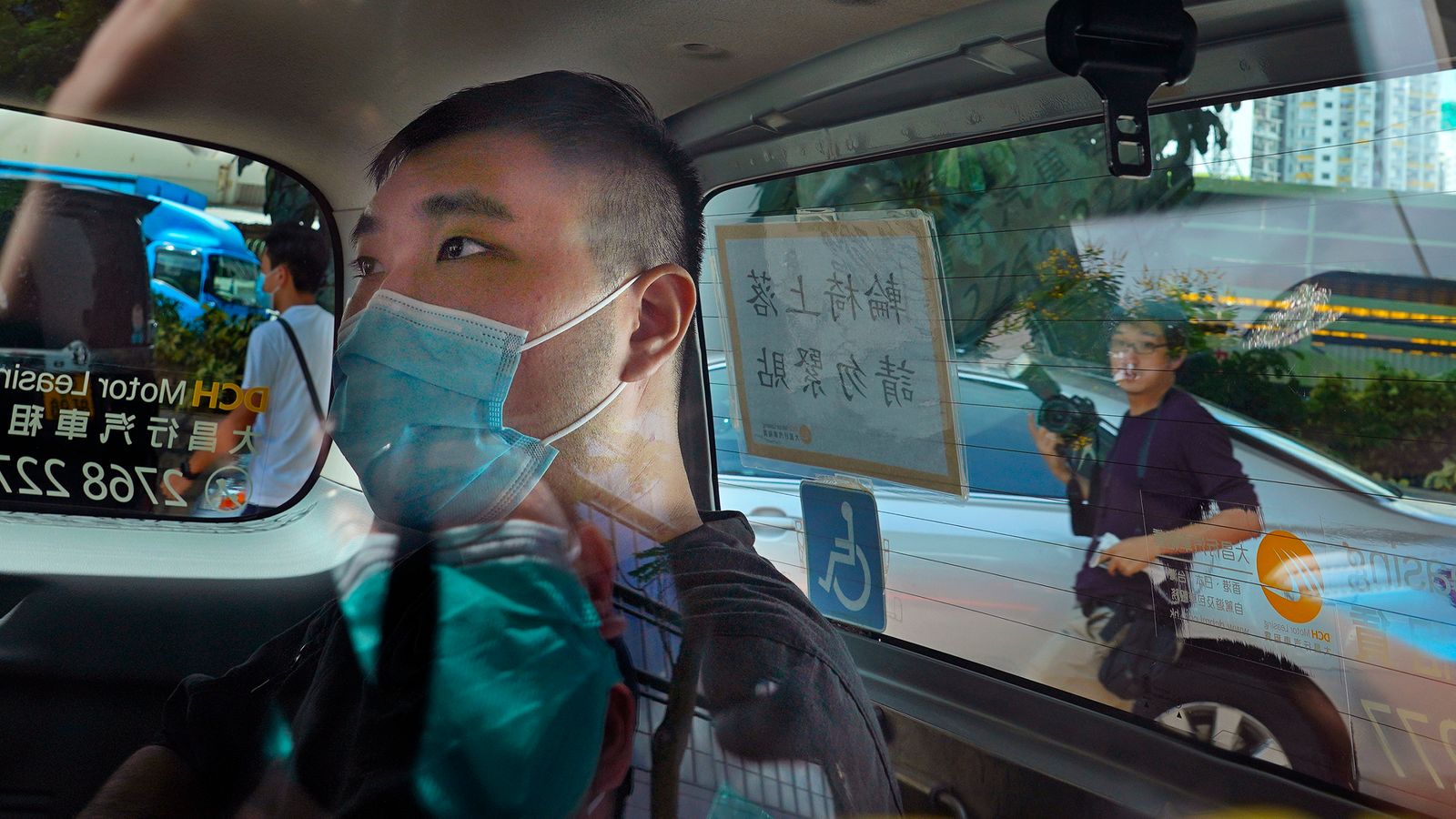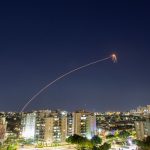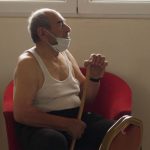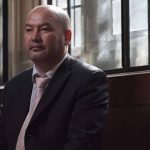The first person charged under Hong Kong’s national security law has been found guilty of secessionism and terrorism, in a landmark case that has been condemned by human rights groups.
Tong Ying-Kit was accused of driving his motorbike into a group of police officers while carrying a flag with the protest slogan “Liberate Hong Kong, revolution of our times” written on it, on 1 July last year.
It was the day after China imposed the sweeping national security legislation on Hong Kong following months of protests against the government in 2019.
The 24-year-old pleaded not guilty to the charges and an alternative charge of dangerous driving and now faces a maximum sentence of life imprisonment.
His trial was held in the High Court without a jury, under rules which allow a trial to proceed without one if state secrets need to be protected, foreign forces are involved or if the personal safety of jurors needs to be protected.
Instead, judges handpicked by Hong Kong leader Carrie Lam presided over the court case.
Tong-Ying Kit’s defence lawyer said it was impossible to prove he was inciting secession by using the slogan – which has been banned by authorities – and there is no evidence he committed the crime deliberately.
The defence also argued that he avoided crashing into police and his actions could not be considered terrorism since there was no serious violence or harm to society.
More than 100 people have been arrested under the national security legislation and the trial has been closely watched, with the verdict monitored for indications of how similar cases will be dealt with in the future.
The verdict was immediately condemned by Amnesty International, which called it “the beginning of the end for freedom of expression in Hong Kong”.
Asia-Pacific regional director Yamini Mishra said: “People should be free to use political slogans during protests, and Tong Ying-kit should not be punished for exercising his right to free speech.
“It is particularly clear that he should never have been charged with a ‘national security’ offence carrying a possible life sentence.”
Please use Chrome browser for a more accessible video player
:: Subscribe to Into The Grey Zone podcast on Apple Podcasts, Spotify, Spreaker
China had committed to allowing the semiautonomous city to maintain its own system for 50 years after the 1997 handover from British rule, but has mandated changes to the make-up of its Legislative Council to ensure an overwhelming pro-Beijing majority.
Last month, Hong Kong’s last remaining pro-democracy newspaper, Apple Daily, was forced to close after police froze £1.65m of its assets and a court denied bail for four of its editors and journalists held on charges of endangering national security.
Beijing has dismissed any criticism by saying it is restoring order to the city and enforcing the same type of national security protections found in other countries.






















